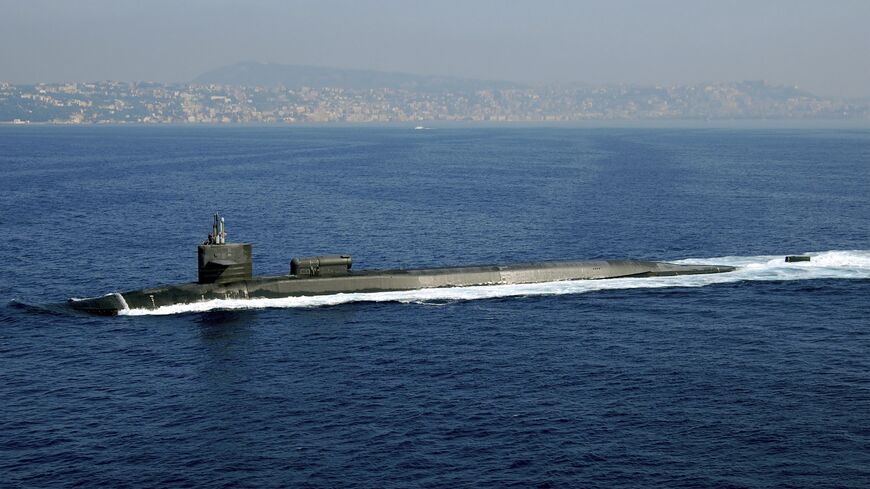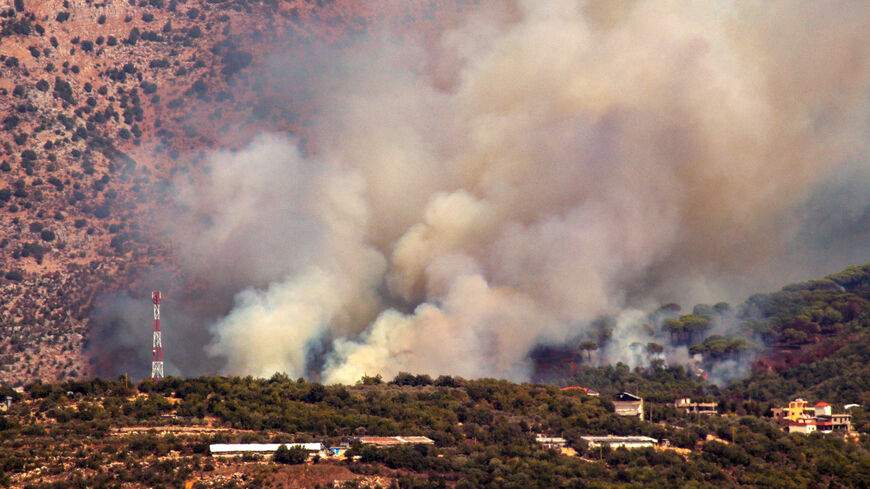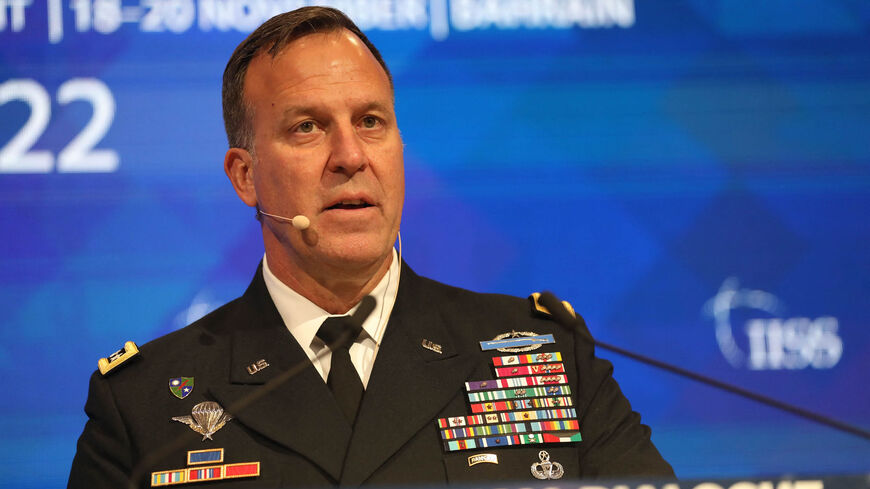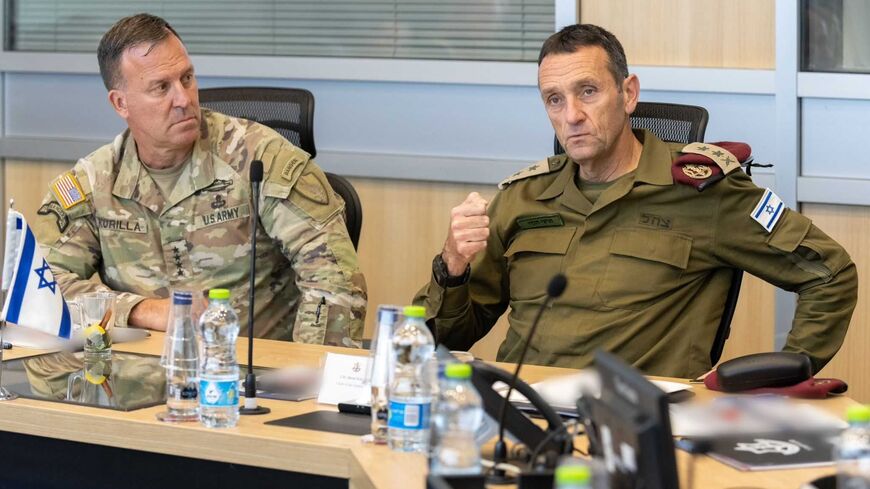CENTCOM chief in Israel again as tensions on Lebanon border increase
CENTCOM chief Michael Kurilla arrived to Israel, as Hezbollah continues to fire rockets and drones towards the north of the country.
US Central Command chief Michael Kurilla arrived in Israel on Sunday for meetings with senior Israeli security officials in a visit focusing on potential threats from Lebanon-based Hezbollah and Iran.
The visit by the top commander of US military forces in the Middle East came against the backdrop of continued exchanges of fire between Hezbollah and the Israeli military. Former Israel war cabinet minister Benny Gantz warns that war with Hezbollah could be imminent if Israel does not soon reach a deal for a hostage release cease-fire with Hamas in Gaza.
Shortly after landing, Kurilla met with Defense Minister Yoav Gallant and with Israeli military chief Herzi Halevi. Gallant said he discussed with Kurilla "the operational and strategic situation in the region," adding that together they "reflected on ways to further strengthen interoperability to achieve our common objectives. Israeli and American troops work closely together to deter common threats posed by Iran and its proxies."
Later on, Kurilla met with Northern Command chief Ori Gordin, where the Israeli military said he was “presented with the IDF’s operational plans for Lebanon.” The Israeli military added that it will “continue to deepen its relationship with the US Armed Forces, due to our commitment to strengthening regional stability and the coordination between the militaries." He is expected to meet with additional senior Israeli security figures on Monday.
On Monday afternoon, Hezbollah took responsibility for a rocket and drone barrage fired at the north of Israel earlier in the day. At least 25 rockets and drones were launched. One of the drones hit the 14th floor of a high-rise building in the border city of Nahariya. No injuries were reported. Hezbollah claimed it had fired on an Israeli military base in retaliation for Israeli fire in the south of Lebanon. The strikes also sparked some fires in the Upper Galilee region. Later in the day, the Israeli air force reportedly struck targets in the south of Lebanon.
After Monday's attack, Halevi said, "The strike on a building in Nahariya is a serious incident, as is the fire against citizens in the north. The Israeli military operates in the northern region powerfully, and is prepared with operational plans. The military is ready to take upon every mission it will be tasked with."
Gantz in Washington
Addressing the Middle East America Dialogue summit in Washington, Gantz warned on Sunday, “The time for [action in] the north has come.”
“We are late on this,” he added, explaining, “We need to ensure that we can return residents to their homes. We can achieve this goal even if it requires striking Lebanon itself. Unfortunately, I don’t see another way."
Gantz said that Israel should shift its focus from the Gaza war in the south toward Hezbollah and the Lebanese border in the north. “The story of Hamas is old news. The story of Iran and its proxies all around the area and what they are trying to do is the real issue.”
Still, the National Unity leader said he would prefer to reach a deal with Hamas for the release of the hostages and a Gaza cease-fire, restoring at least a temporary calm, even if it meant forgoing a major operation against Hezbollah in the north.







